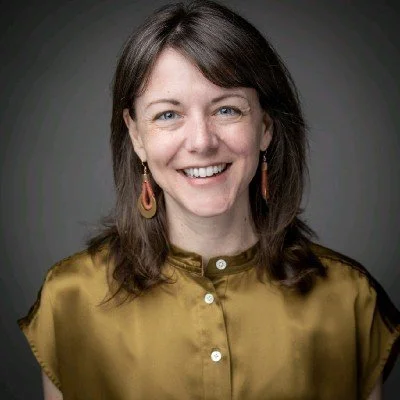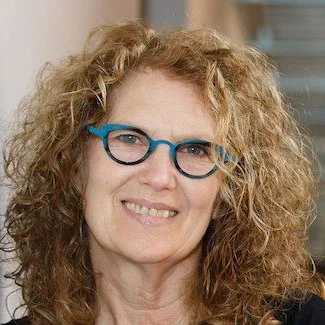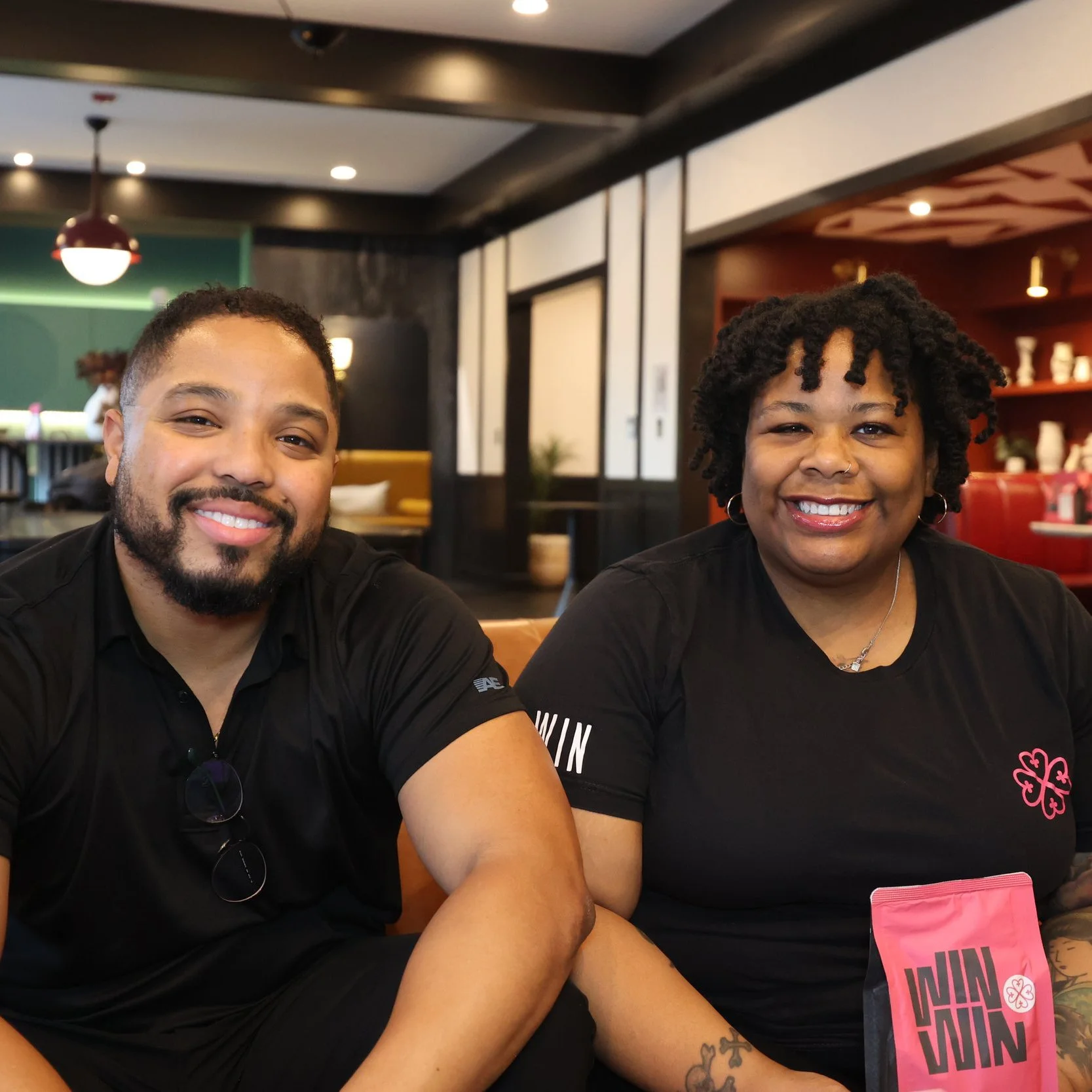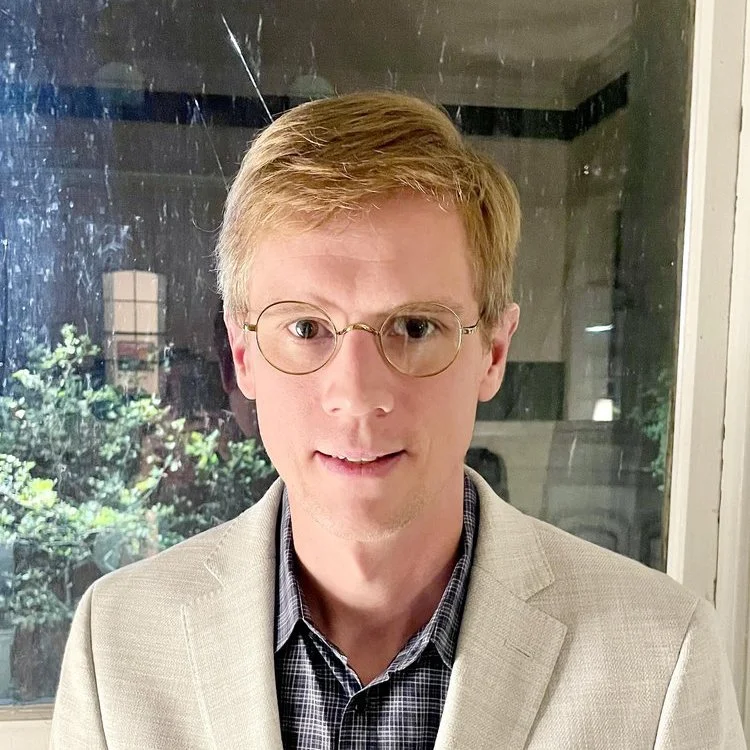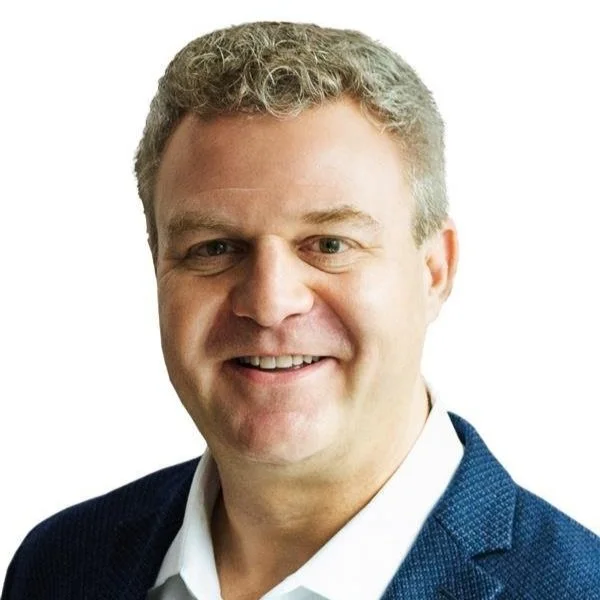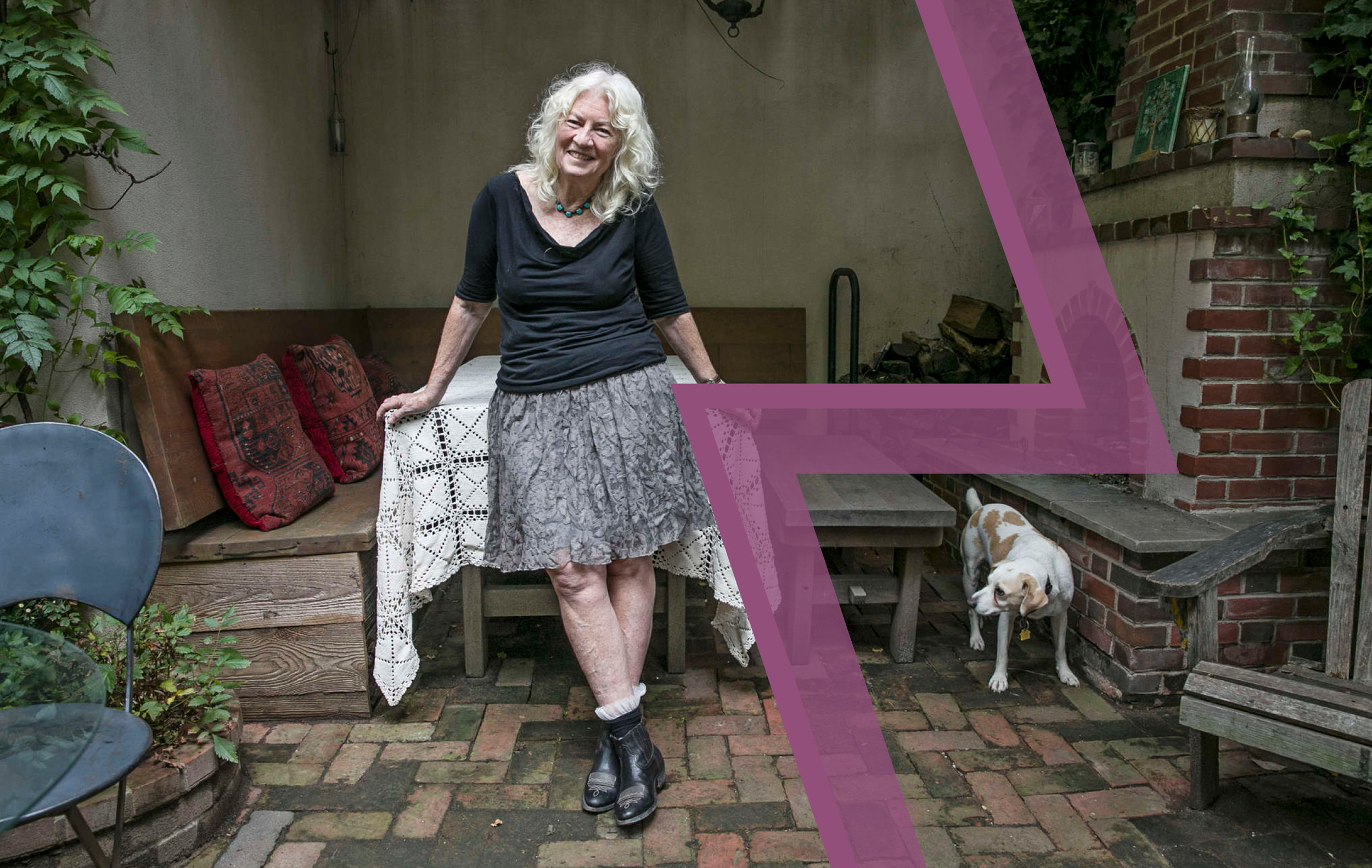
ImpactPHL Perspectives
ImpactPHL Perspectives is a multi-part content series that explores the many facets of the impact economy in Greater Philadelphia from the perspectives of its doers, movers, shakers, and agents of change. Each volume is written directly by a leader in this space, to discuss best practices and share lessons learned while challenging our assumptions about financial and impact returns.
The Independence Public Media Foundation (IPMF) is a six-year-old private foundation with an unorthodox origin story. IPMF emerged from WYBE, a small public television station in Philadelphia that relinquished its broadcast license. IPMF went on to manage $131 million, with a liberatory perspective, shifting away from the traditional philanthropy model. In recognizing the role that historic wealth extraction and associated accumulation, as well as racism, have played in amassing the amount of assets controlled by philanthropic organizations. IPMF strives to dismantle these systems entrenched in philanthropy through grantmaking, investing, and business operations, starting with a trust-based local bank.
Looking back at a half-century of the Central Philadelphia Friends Meeting’s (CPFM) endowment, as they found a method for stewarding alignment between their financial resources and their faith. Over many years, these Quaker meetings have been in the process of hearing diverse opinions together on what they stood for and views on the right use of the endowment money. Recently, the CPFM Financial Advisory Committee added impact investing into their language, which allowed the members to arrive with a readiness to receive a proposal and to move their asset portfolio to align with their members’ values.
Culture is seen as meaningful dynamics of a community — connections and relationships, rituals and traditions, languages, and well-being. The assets that communities value, yet are often not seen, understood, or mapped in the traditional investment equation, causes enormous underinvestment in culture. The concept of investing in culture and in artists themselves as central articulations of our neighborhoods and communities is a critical piece in transforming a “missing market” to invest in. What if investors saw the worth of artists as key actors in building new markets for community-led climate and health solutions?
The creation of financial centers in Philadelphia that will blend the services of a nonprofit loan fund with a consumer-focused credit union, creating a continuum of financial services and access to capital for every need. Finanta Credit Union focuses on creating pathways for the underbanked to enter the financial mainstream, now opening in North Philadelphia with a full suite of established and tested products.
Barriers to home ownership and property retention have led to vast gaps in wealth, education, and health outcomes in Black and Brown communities. The Growth Collective focuses on real estate assets in divested communities across Philadelphia to create development plans that establish the land and property as valuable impact assets that anchor neighborhoods and accrue to the benefit of long-term residents. Learn about holistic solutions for investing in safer, cleaner, and greener neighborhoods.
Institutional food has massive economic, health, and equity opportunities. To envision a centralized meal production facility in Philadelphia that pairs with a workforce development program and values-based food-sourcing practices will build a resilient regional food system that feeds Philadelphia’s future.
Attending the Total Impact Summit ‘24, the leader of Transform Finance shines a light on the tensions simmering while navigating the primary topics of the conference. This article lifts a lens on what he sees as primary methods for change at the Summit — the high density of individuals, family offices, and small foundations that are types of asset owners with the most flexible and nimble ability to make changes to their approach for impact investing.
SustainVC believes that their strategy not only benefits cities with a smaller VC presence, but it also paves the way for more venture investors and entrepreneurs to achieve success, which can be a flywheel for further economic growth in hub regions.
Whether you care about the vitality of America’s small business economy, the resilience of our manufacturing supply chains, local business ownership, or structural inequality—employee ownership (EO) is an impact investment thesis that offers over-indexed impact returns.
We need to educate people – individuals, neighborhoods, all types of organizations, philanthropists, politicians, legislators – on the capacity and opportunity that the arts provide, as well as the influence the arts have on the world around us. The arts can be used to support many of the development and equity challenges we face today. How do we lift leadership that recognizes, and rewards, the value of arts and culture in contributing to vibrant, thriving communities.
As counsel for many socially-conscious businesses, perhaps the most frequent early-stage question fielded from entrepreneurs is whether they should organize their business as a traditional business entity or as one of the newer, alternative entities that many socially responsible businesses are increasingly using in recent years. While there is no one right answer to this question, Royer Cooper Cohen Braunfeld attorneys in the Corporate & Business Group weigh in with some key considerations that should help entrepreneurs decide on how they want to proceed.
Earlier this year, a significant milestone was achieved for NeedsList—founders successfully exited to a values-aligned company that shares their values and is committed to scaling the companies impact. As the Founders of NeedsList shared this news with networks, they were struck by the number of impact founders asking us for advice and to share the journey. With so few resources and case studies available to impact entrepreneurs, NeedsList hopes that their story can shed some light on what was learned.
The circular economy reimagines our economy as a continuous loop where products are designed for maximum reuse. When those products end their lifespan, the resources that comprise them are recovered and reintroduced into the broader system. The circular economy answers the question of how we can create the highest quality of life for most people without destroying the planet in the process.
Women’s Community Revitalization Project’s Loan Fund: Harnessing new resources to create and preserve affordable homes in communities where housing costs are sky-rocketing. Rising housing costs coupled with stagnant household incomes are straining low-income families’ ability to stay in their homes. The Women’s Community Revitalization Project (WCRP) is a group working to address this issue in several Philadelphia neighborhoods by creating a Loan Fund to enable this effort to move forward.
“Water, water everywhere, and not a drop to drink.” This popular phrase often embodies the sentiment of diverse emerging impact fund managers who hear countless times, “We like your strategy and your team, but we don’t invest in first-time funds” or “Come back to us when you are on your fourth fund.” Amidst a vast sea of capital, these fund managers are often shut out of accessing the funds needed to achieve their impact goals. This is usually due to a lack of risk appetite for the perceived risk of investing with emerging managers.
The global coffee industry, often romanticized for its rich aroma and global connections, harbors deep-rooted challenges that disproportionately affect underserved communities in the African diaspora. This complex web of issues includes a stark lack of transparency, traceability, and equity, perpetuating cycles of poverty and dependence. Simultaneously, similar struggles unfold in the vibrant city of Philadelphia, where systemic inequalities create barriers for underserved communities. Amidst these challenges, efforts to bridge the gap between distant communities and Philadelphia are underway, focusing on resilience and empowerment.
The devastating consequences of divestment, like deteriorating infrastructure, vacant lots, and vast expanses of food and green space deserts, are glaringly obvious in low-income areas of Philadelphia. These inequalities in resources and opportunities have created a vicious cycle of poverty and made upward mobility very difficult. For the Philadelphia region, relying solely on traditional philanthropic models is insufficient to address these entrenched disparities and complex challenges. Poverty, inequality, and environmental degradation cannot be solved by simply chasing profit margins and depending on philanthropy.
The devastating consequences of divestment, like deteriorating infrastructure, vacant lots, and vast expanses of food and green space deserts, are glaringly obvious in low-income areas of Philadelphia. These inequalities in resources and opportunities have created a vicious cycle of poverty and made upward mobility very difficult. For the Philadelphia region, relying solely on traditional philanthropic models is insufficient to address these entrenched disparities and complex challenges. Poverty, inequality, and environmental degradation cannot be solved by simply chasing profit margins and depending on philanthropy.
Shareholder advocacy or activism is the process by which individual shareholders, or groups of shareholders, attempt to influence the decisions made by a company's management. It encompassed various strategies to engage in companies' investment portfolios on corporate, social, and environmental governance issues.
In September of 2022, the Department of Treasury provided $8.3 billion of Covid relief to CDFI and MDI banks through a program called Emergency Capital Investment Program (“ECIP”). This program provided substantial equity-like awards ranging from $60-500 million to encourage these organizations to increase their financial services to low- and moderate-income, urban, rural, and minority communities. Some recipients are publicly traded, and these large cash infusions attracted the attention of some deep value-seeking investors. In this article, I will explain why this program presents a rare potential opportunity to earn high financial returns while investing in entities that are making a significant impact in their communities.
Imagine an inclusive, equitable, and vibrant community where individuals prosper, triumph over poverty, and live free from discrimination. Community First Fund, a Community Development Financial Institution (CDFI), works toward making that vision a reality by breaking down barriers to wealth-building opportunities for individuals, families, and business owners, especially Persons of Color, women, and immigrants.
The US Criminal Justice System directly impacts 6.6 million people costing more than $80 billion annually. Racial disparities, extractive business practices, and misaligned incentives mar this profoundly broken system. More than 4,000 corporations profit from mass incarceration through predatory pricing, prison labor, and the private prison industry, according to research conducted by the Prison Policy Initiative. But the opportunity exists to find highly innovative private sector business models that address the injustices of mass incarceration, poised for the ethical disruption of the Criminal Justice System.
The Outsourced business process service industry makes $300bn a year, employs 14 million, and has a 10-year CAGR of 8%. Yet it has a fatal flaw that may eventually destroy it: one of the highest employee turnover rates of any industry in the world. How can an industry be so successful while consistently losing most of its people all of the time?
How can I justify adopting an impact investing strategy if I have to choose among an alphabet soup of reporting standards, none of which clearly and consistently demonstrates results superior to not adopting them?
Combining blended capital approaches and systems thinking can help address the lack of capital for underserved entrepreneurs by taking a holistic and collaborative approach to investment and support.
For impact measurement to serve its highest purpose, the starting intention should be gathering data that serves to improve impact rather than to prove impact. In the end, the right metrics can do both, but the problem with orienting towards impact metrics that look good on a website, impact report, or update to funders is that it puts the emphasis on proving or supporting the impact thesis. The confirmation bias in that approach limits the ability to learn and improve as it causes triangulation that actually obscures clear impact of outputs to outcomes. The insight that is produced in listening helps develop learned methods instead of data on strengthening varying approaches for impact.
At Proof of Impact, we’ve worked with both investors and companies that have a wide range of motivations. In this work, we’ve noticed a growing trend: the widespread use of either “ESG” or “impact” to describe data-driven measurement and operational improvement efforts. However, rarely have organizations used ESG and impact together. This is largely because ESG and impact seem to be two different worlds that exist side by side, with different cultures, languages, and approaches to using data to drive positive change. Only recently have the two worlds met – or rather collided.
Simply put, smaller-scale development can be a lever for wealth creation, for affordable housing generation, and for community revitalization. And, crucially, it can do so at a cost that makes it accessible in ways larger scale development often isn’t.
In response to Boston’s notorious racial health and wealth divide, the Boston Ujima Project (“Ujima”) was founded in 2017 as a community-led business and finance ecosystem. We sought to underwrite our people’s strength by directly resourcing what we call our economy builders: our small businesses, artists, and grassroots organizations. People often ask why we chose an ecosystem model, and we always say: a systemic problem requires a systemic solution.
Profitability metrics are simple in financial terms, often measured by the rate of return, cash flow, or risk-adjusted return. On the other hand, solving problems is more difficult to define metrics and measures for. This creates a headwind for the impact investment industry as participants cannot establish consensus for the wide array of definitions for impact investment success.






